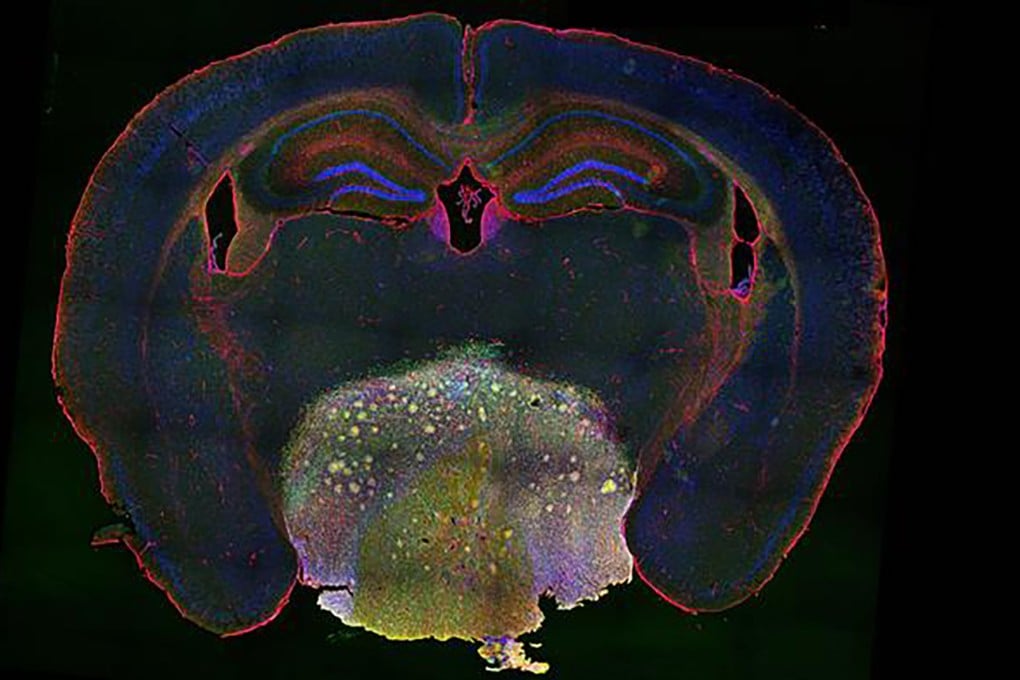Chinese team finds blood pressure medication shows promise for treating rare brain tumour
Scientists in China say cheap compound might offer relief for craniopharyngioma patients and inform future work on cancer treatments

“Our research provides important ideas for the development of cancer drugs,” said study lead Wu Qingfeng, a principal investigator at the Chinese Academy of Sciences Institute of Genetics and Developmental Biology.
According to Wu, the study could inform future work on identifying cell origins and gene mutations, the construction of animal models, high-throughput drug screening to identify potential treatments and the use of reverse translational research to study the mechanism of tumour growth.
Surgical removal is the primary treatment for the brain tumour, however it can come at a risk of complications and recurrence. This has made the tumour a challenge not only for neurosurgeons, but also endocrinologists.